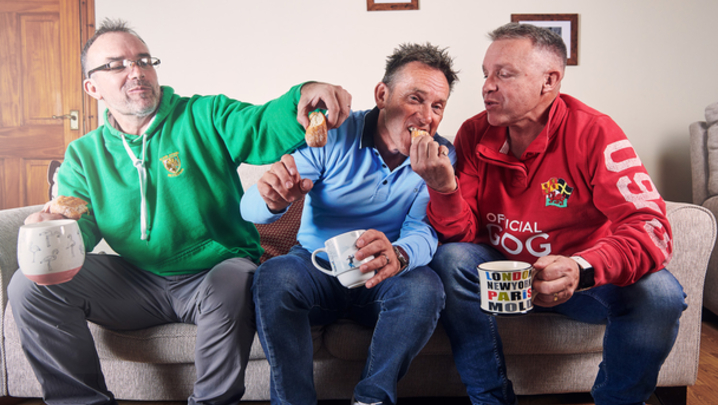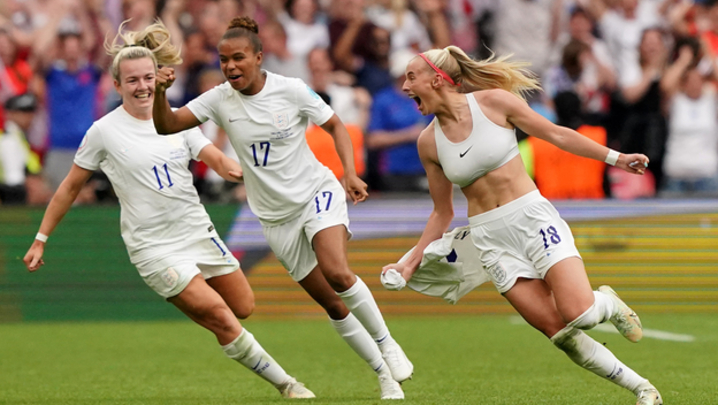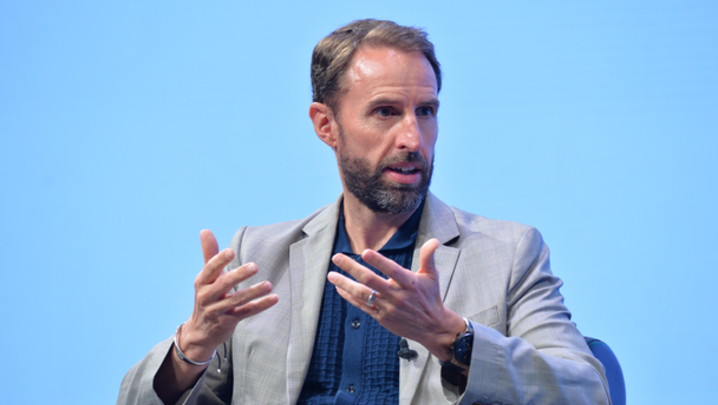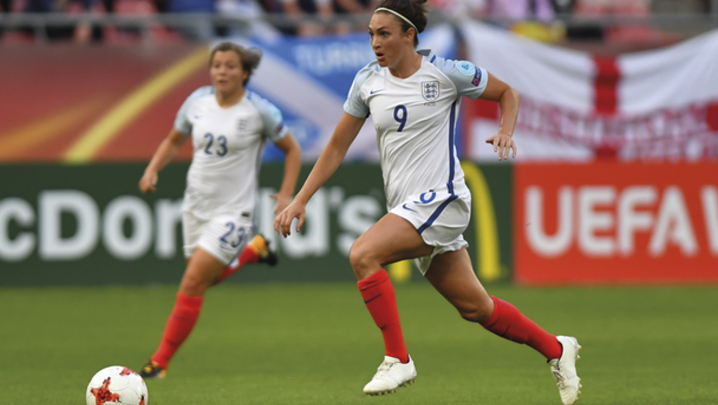The RTS learns how the health crisis is nurturing innovation in TV sport
On 12 March, Arsenal manager Mikel Arteta tested positive for coronavirus, sending his team and staff into self-isolation. The following morning, the Premier League threw in the towel – it was obvious that it was no longer possible to play football during the Covid-19 epidemic.
The rest of football and pretty much all sport followed. At a stroke, the schedules of the UK’s specialist sports broadcasters had been emptied.
At an RTS event in late September, some of the leading figures in sports broadcasting recalled the day the coronavirus lockdown brought down the curtain on live sport.
“It was a moment that had been coming,” said Sky Sports Managing Director Rob Webster, looking back to the March lockdown. “Our Italian colleagues were ahead of us in terms of the virus and their sport. It was only a matter of time.
“We’d done as much planning as we possibly could, but I don’t think anyone could have been fully prepared for that moment – and the realisation that we had 11 sports channels dedicated to live sport when there wasn’t going to be any live sport [to show].”
Sky Sports took the decision “pretty much on day one, to allow our customers to pause paying us”, said Webster. “We stopped taking money from pubs and clubs.” It also decided to keep all its sports channels on air. Now it had to fill them.
As did BT Sport. “It meant intense and quick decision-making,” recalled Simon Green, head of Sky’s UK rival. “We’d lost all our live sport and we realised that we had an awful lot of time to fill across our schedules.”
At Sky Sports, Webster said that reinventing archive content was critical: “If you’re rerunning classic matches in your schedule, and that’s really all you can do for a period of time, you’ve got to make them as exciting, compelling and fresh as possible.”
The broadcaster aired “watchalongs”, classic clashes that included England’s last-gasp victory in the 2019 Cricket World Cup. “We managed to get Ben Stokes, Eoin Morgan and Jos Buttler talking through what was happening [as we] played out the final.”
Digital services company NTT Data normally works on sporting events such as the Tour de France (delayed until late August) and the Open golf tournament (which was cancelled this year). The company’s UK sports innovation lead, Silvia Di Gregorio, told the RTS event: “We all wanted to keep the fans’ experience alive – [and make it] richer than ever, due to the circumstances.”
For Sky Sports, NTT produced The Open for the Ages, a virtual tournament featuring 21 of the world’s greatest golfers from the past 50 years, using data analysis, a fan vote and archive footage to find a winner for a fictional Open at St Andrews.
NTT is not directly involved in sports production; its role is to enhance the viewers’ experience. For The Open for the Ages, this involved analysing enormous amounts of golf data, using artificial intelligence (AI). “Without AI models, it would have taken a huge amount of manual work to go through all the archives – in this case, more than 50 years of the Open,” said Di Gregorio. “Technology has advanced massively over the past months of this huge [Covid-19] challenge and it will continue to play a key role.”
The killing of George Floyd by a police officer in Minneapolis at the end of May, which gave new impetus to the Black Lives Matter movement, resonated hugely with UK sport during the summer. Players in many sports “took the knee”, a symbolic protest adopted from the example of American football quarterback Colin Kaepernick protesting about police brutality in 2016.
Sports broadcasters, too, have reflected Black Lives Matter in their coverage. “Sport is so visible, it’s such a big part of our culture and our livelihoods, that’s it is not a choice – it has to happen. We have to use our voice in sport to move the conversation along and to help change attitudes,” said Webster.
He pointed to Ebony Rainford-Brent and Michael Holding’s emotional and powerful film about racism in cricket, Black Cricketers Matter, which Sky Sports showed during the first Test against West Indies this summer.
Webster added that Sky was committed to having “very diverse” on- and off-screen teams, but admitted “we’ve got a long way to go”.
When the Premier League resumed in mid-June, production was largely done remotely although Green said that, pre-Covid-19, BT Sport “had already begun the process of moving to as much remote production as we could. It isn’t done just on the basis of saving money, remote production is also about sustainability. We think we’re reducing our carbon footprint.”
Sky Sports’ Webster added: “When football returned, we ended up producing or broadcasting more than 100 games in six weeks – the pace of production was like we’ve never experienced before. Normally, we do 100 games in half a season.
“The viewer doesn’t know that you’re producing remotely. You still have teams on site, but a lot of the heavy lifting in terms of the production is done remotely. It’s been one of the success stories, if you can call it that, during this period.”
Football was back but crowds remained absent, draining atmosphere from matches. TV’s response was to add crowd noise to its broadcasts.
“I’ll let you into a secret: we just watched what was going on in Germany,” said Green. Broadcasters there had introduced supporters’ roars and groans when the Bundesliga resumed, and it seemed to work.
He admitted: “I was the last one to be convinced that we should make crowd noise the default [setting], and allow our viewers to opt out.”
Webster revealed that 75% to 80% of Sky viewers watch matches with crowd noise added – and that the broadcaster had a team of eight mixing the noise effects to match the action on the pitch.
“It has been a big way of mitigating what we all know, which is that sport needs crowds to have a natural atmosphere. We’re desperate for crowds to return but, until that happens, artificial crowd noise helps massively,” said Webster.
Looking back over the six months since the March lockdown, he added: “It’s reinforced just how important sport is to so many people.”
The start of the new football season last month coincided with the beginning of what looks like a second wave of coronavirus and the return of lockdowns, albeit locally for the moment. “Nothing immediately changes,” said Green. “We see ourselves as an extremely agile business that is able to react to circumstances as they change.
“Let’s hope that Covid is past us in a year’s time and we are back to some sense of normality in terms of how we can operate as a broadcaster – and that the world is able to get together again and go to sporting events.”
But, he warned, the financial consequences for many sporting organisations and smaller clubs would be profound: “We need to rebuild that sporting ecosystem as soon as possible.
“However, that will be the same for so many different industries, not just sport and broadcasting.”
Report by Matthew Bell. The RTS event ‘Winners, losers and own goals: Live sport in lockdown’, was held on 24 September. It was chaired by BT Sport broadcaster and journalist Reshmin Chowdhury, and produced by Vicky Fairclough and Dan Korn.






